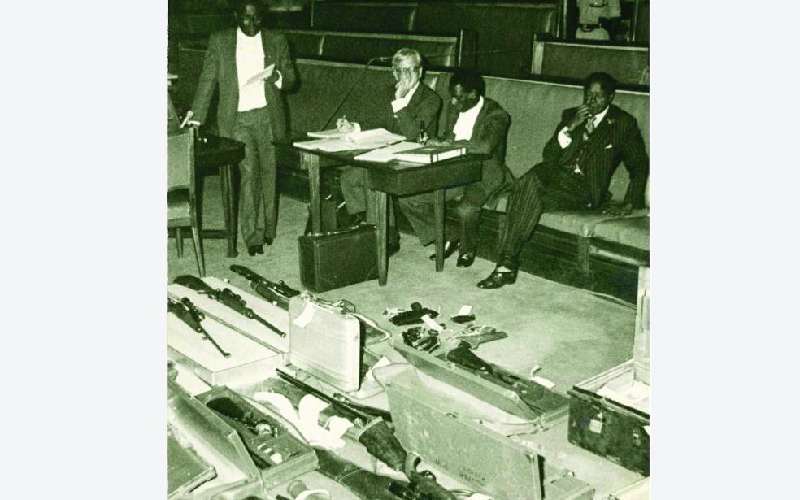×
The Standard e-Paper
Home To Bold Columnists

Charles Njonjo during an inquiry in January 1984. [File,Standard]
Recently, Kenyans were treated to the drama of Deputy President William Ruto’s Turkish buddy and supposed investor Harun Aydin.